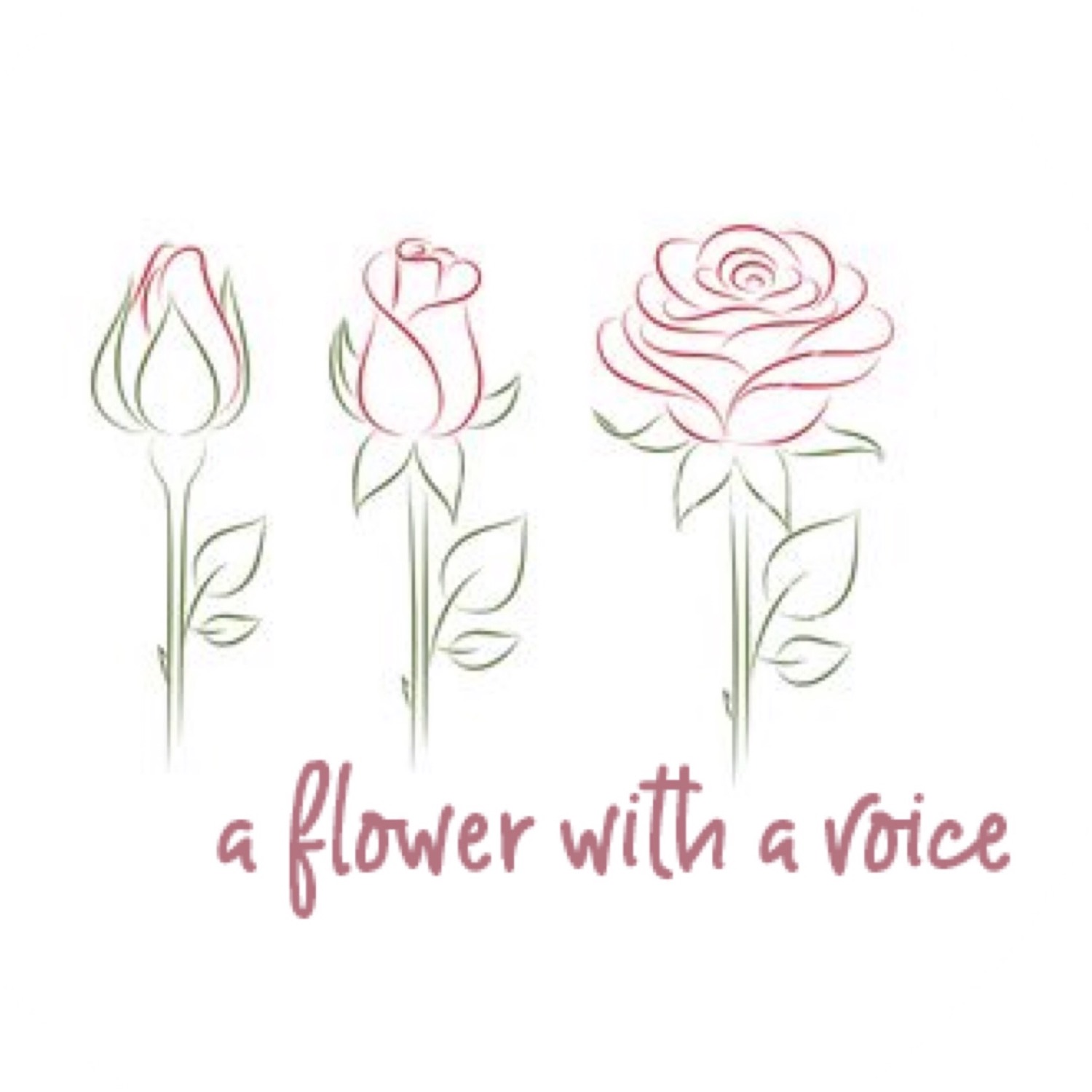Understanding Trauma Triggers And Trigger Responses Caused by Domestic Violence
- Sandy

- Oct 7, 2019
- 2 min read
Updated: Oct 8, 2019
Traumatic triggers come in many forms. Past trauma is powerful, and it is not uncommon for a survivor’s response to be equally strong. Triggers are very personal, and it’s difficult to predict whether a person will experience them, when they might develop, and what those triggers may be. Just about anything can cause a domestic violence survivor to be triggered if their brain associates it with their trauma. How people respond to their triggers can also differ greatly, but there are some common things to look out for.
Here are some of the most common trauma trigger responses:
Flashbacks
Fear
Panic attacks and/or anxiety
Sudden, uncontrollable crying or crying without an apparent reason
Paranoia
Irritability
Unhealthy coping mechanisms, such as oversleeping or substance abuse
Sudden physical symptoms, such as nausea or fatigue
For me, I started experiencing triggers and responses as early as weeks after leaving my abuser. It seemed like it would happen out of nowhere. One morning, I was walking my dogs, and, suddenly, I felt like I couldn’t breathe. I was crying uncontrollably and did not know why.
The other day, I blew up at my friend for saying something that triggered me. I noticed he was looking at me in confusion and did not understand my angry reaction. After talking it out, I realized my reaction was to a set of words my abuser would always say.
Recently, a girlfriend invited me out to dinner. I was okay with it. “What’s wrong with dinner and a few drinks,” I thought to myself. Little did I know, it would be bring me the worst anxiety. The men that approached me were so aggressive. I resorted to drinking heavily as an escape. Some of their mannerisms reminded me of my abuser, and it freaked me out. At one point during the night, one man grabbed my wrist as I was on the way to the restroom. I quickly reacted by swatting him off on me. I spent the next day crying and staying in bed.
What to do when triggered:
Keep a journal – If you’re having difficulty identifying your triggers, keeping a journal of responses and what caused them might help. Identify and recognize the emotion you feel during a response. What exactly are you feeling when the trigger happens? When you identify the emotion, pay attention to what it does to your body. Over time, you may see a pattern begin to emerge that can help you understand your triggers.
Talk to someone – This can be a close friend, family member, or a mental health professional. Many times, we bottle our emotions up until something rubs us the wrong way, and we crack, letting those emotions out in unhealthy ways.
Find a positive sensory experience – Focus on the sights, sounds, smells, textures, and/or tastes of the present environment. Breathe deeply and slowly until your brain gets the message that you are safe and away from the traumatic experience.



Comments